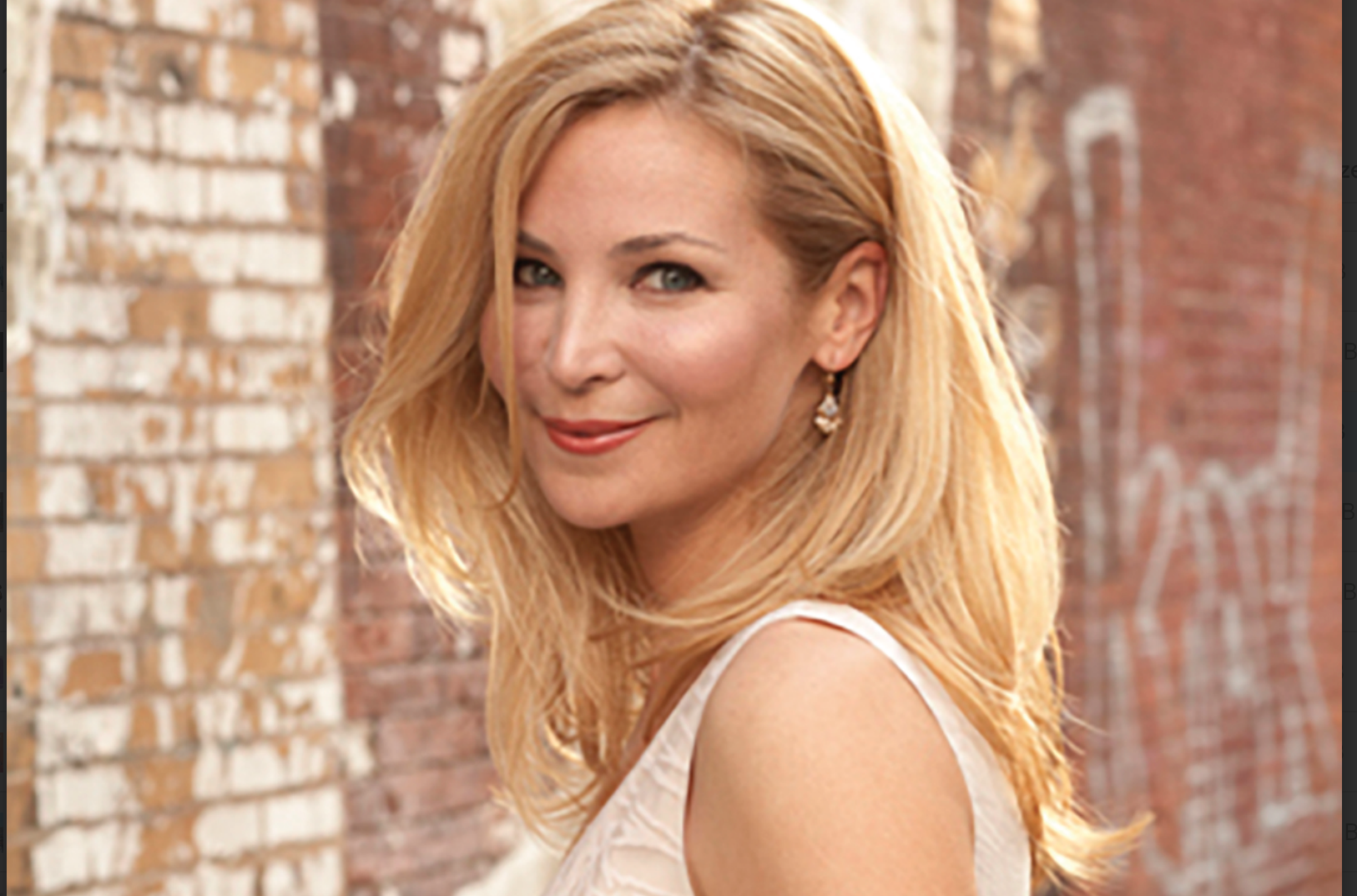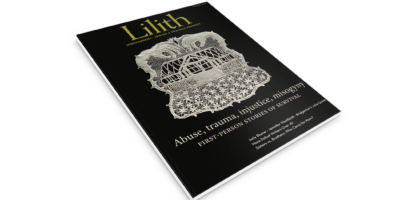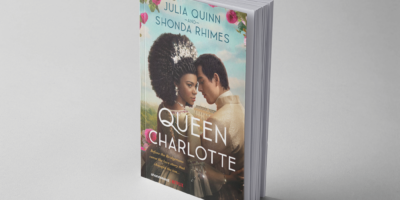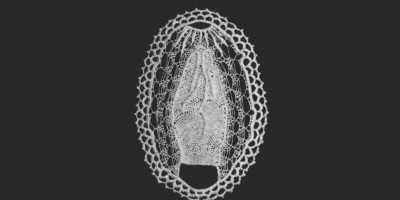
Jennifer Westfeldt Chases the Muse
IN CASE YOU HAVEN’T HEARD OF IT, Kissing Jessica Stein was the Shiva Baby of the aughts. An independent romantic comedy that stars its co-writers, Jennifer Westfeldt and Heather Juergensen, the 2001 film was based on an off-Broadway play called Lipschtick and has become a beloved film about sexual fluidity and exploration.
In KJS, a neurotic, single copy editor, Stein (Westfeldt), combs personal ads to find a date and discovers her favorite quote about relationships in the “Women Seeking Women ‘’ section.
Stein then meets and falls for the sexually liberated Helen Cooper (Juergensen), and a relationship ensues, complete with an apprehensive Jewish mother (Tovah Feldshuh) and a lurking potential boyfriend (Scott Cohen). The heartfelt film caught on, swept festivals and launched Westfeldt’s career, garnering acclaim, not to mention an Independent Spirit Award nomination for Best First Screenplay and a Golden Satellite Award for Best Actress.
She’s gone on to write and star in other important indies— notably, Ira & Abby and Friends with Kids—as well as work in television (most recently as Pauline Brooks in Younger) and in theater, earning a Tony nomination for her work in Wonderful Town opposite Donna Murphy on Broadway.
But that first successful film wasn’t merely a starting point— in many ways, Westfeldt is still looking to recreate that alchemi- cal magic. As Westfeldt recalls, “We were stealing locations, bringing our own props, getting changed in a moving car. It had such spirit to it!”
In November and December of 2022, Westfeldt played my fizzy, loving Jewish mother in a play at Rattlestick called The Gett (that—full disclosure—I wrote), imbuing its questions of inter- marriage and independence with her personal touch and beauty.
I was touched: she’s not worried about doing something “super fancy in terms of box office and eyeballs.” Instead, she’s spent the last few years healing and seeking roles that don’t box her in as she gets older, a problem that faces women on the other side of forty in Hollywood. This is not a new challenge for the warm, intelligent, Westfeldt who has, unsurprisingly, been a feminist for as long as she could remember. “I have a real injustice gene, and I identified that early.”
At daycare, during mandatory nap time, Westfeldt needed to pee, and the teachers refused, sticking to the rules. Finally, she just peed on her cot: “That’s why I’m a full year young for my grade because my mother had to beg my sister’s school to take me in.”
When I asked her about KJS, she explained it was an extension of her time as an undergraduate at Yale, mounting plays in dining halls and squash courts. “It isn’t just romantic. It’s self-determining!”
And that’s something Westfeldt has learned is exceedingly rare in the business: “When there’s next to no money involved, the motives are pure as the driven snow. And that’s why we love putting on a play.” The impulse to create KJS was in part a reaction against what Westfeldt encountered in Hollywood. She started writing because the only roles available for her were girlfriends, satellites for the men. She’d read scripts and think, “I’d love to play the guy’s part.” She thinks of her role in KJS as the male part: “a heroine that could easily have been a neurotic male lead, who is fully flawed but carries the movie.”
The film traffics in Jewish tropes: the opening scene features three generations of Jewish women beating their hearts on Yom Kippur and asking for forgiveness, as Mama Stein (Feldshuh) entices Stein to date yet another (male) candidate. For Westfeldt, Judaism has always been fraught. She grew up in Guilford, CT, which she describes as “Population: 1600. And four churches on the town green.” Her father was an “uber-WASP’’ and her mother hailed from a “very observant” Jewish household. Her father converted and studied with Westfeldt’s great uncle, Rabbi Marshall Meyer, a freedom fighter during the era of the Disappeared in Buenos Aires, Argentina.
Westfeldt was raised with a strong sense of cultural Judaism through weekly Shabbat dinners, but her identity was shaken when her father left Judaism, and her family altogether, when she was barely four years old. When her mother explained that “Daddy’s leaving,” Westfeldt and her younger sister showed their true colors. Her older sister, who went on to become a journalist, turned to their father and pointed out: “You don’t have to go, Daddy, you want to.” Westfeldt burst into tears and asked, “Who will bless us on Shabbas?”
As an adult at B’nei Jeshrun, the shul her great uncle Rabbi Mayer started, she found “the golden years” of her Judaism through thoughtful debate and questions in a community of progressive Jews. But when her great uncle’s son-in-law died in a tragic accident, her faith was shaken.
“Steve Miller was the head of the pediatric wing at Columbia Presbyterian who worked to infuse medicine with humanity and empathy.”
Miller took a flight to lecture on humanism in medicine, and the plane crashed. “For me, it was such a slap in the face to daven [anymore] or publicly confess as if there was a connection between good deeds and getting another year on the planet when the best person I know got taken out while trying to do a great act.” Westfeldt never returned to Judaism, or religion, fully. Her relationship now to it is less as an actor or a reader but more as a writer or editor: “I feel that it needs a revision.”
When she looks back on it, though, she is thoughtful: “I don’t know where personality and impulses really come from. It’s hard to separate.” Right before The Gett, Westfeldt had sent off a movie script of hers to a director for production, and in the winter, she’ll be in Los Angeles. Wherever she goes, she’ll be chasing that authenticity of KJS: “The experience of writing and actors… you can make magic happen in a living room. That’s the thing we all need to not lose sight of. Finding like-minded people who want to be all in.”
Liba Vaynberg is a writer and actor based in the Bronx.
PHOTO: JENNIFER WESTFELDT, 2009, BY HAYLEY SPARKS, CC BY-SA 4.0, VIA WIKIMEDIA COMMONS






